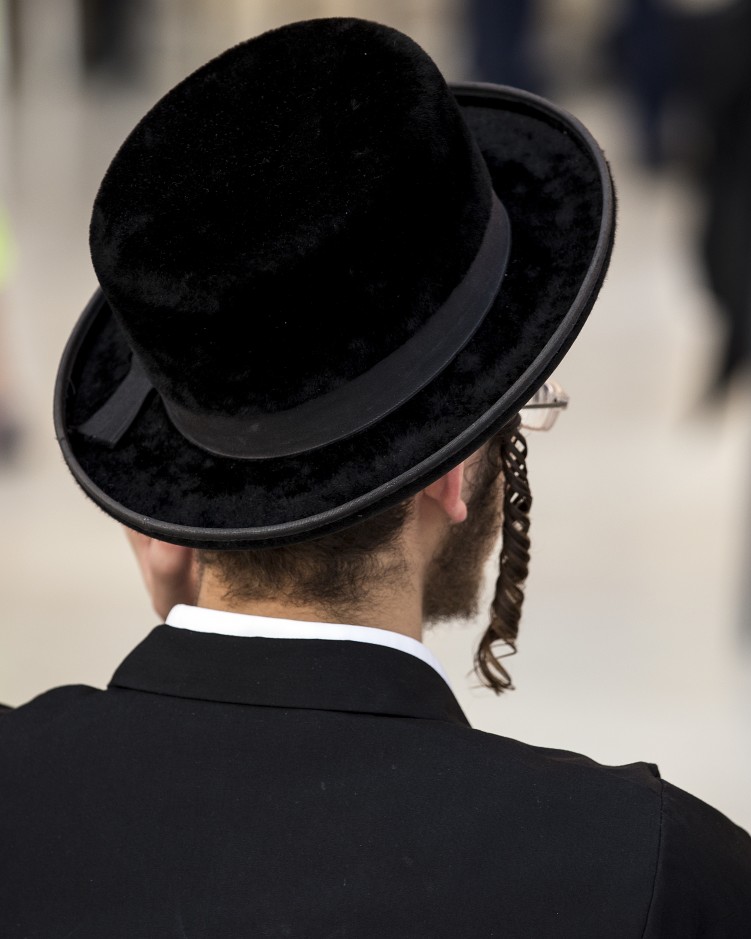
MKs Clash During Reading of Proposed Change to Military Conscription Law
Members of Knesset from the Coalition and Opposition clashed with one another yesterday during the first reading of an amendment to the Law for Haredi (ultra-orthodox) Conscription that passed in the previous Knesset. The amendment passed with 60 MKs voting in favor and 45 voting against.
“In accordance with the government’s policy on this issue, we should continue to advance the process of meeting the recruitment targets among the haredi sector in military and national-civil service, through cooperation and creating actual means to achieve this goal,” said Defense Minister Moshe Ya’alon (Likud) as he presented the amendment during the Knesset plenum yesterday.
The amendment would postpone the deadline set in the original law that mandates ultra-Orthodox yeshiva students to enlist in the Israel Defense Forces by the year 2017.
The purpose for the change, as stated in the amendment is that the original law “aroused strong resistance within the haredi public, and its implementation raised the fear that the positive process… which indicated a steady and gradual increase in the number (of Haredim
who enlist… would be hurt.”
Many MKs in the Opposition, particularly from Yesh Atid, the party that led the effort in passing the original haredi conscription law, expressed strong criticism of the amendment. “(The law) brought relief to the citizens of the State of Israel and mended rifts within Israeli society,” argued MK Mickey Levy from Yesh Atid. “Finally, there is no distinction between blood and blood, and everyone is called to the flag.”
MK Levy also accused Defense Minister Yaalon of flip-flopping from his original position. “In my opinion, the Defense Minister does not believe in what he has just said,” said MK Levy. “Only a year ago the Defense Minister, prime minister and members of the previous coalition voted in favor of this law. How can they look at themselves in the mirror and vote otherwise?”
While concluding the debate at the plenum, Yaalon defended himself against such accusations. “People said I do not believe in this law, so I wish to clarify that I believe in this law very much,” stressed Yaalon. “My way is to enable (army) service, not to impose it.”
Yaalon elaborated on his strategy. “Enabling means permitting a haredi way of life, adjusting the army unit and its character, providing strictly kosher food, permitting (ultra-Orthodox soldiers) to study Torah during the day, and more.”
MKs from the United Torah Judaism list, which sat in the Opposition during the last Knesset and staunchly opposed the law for haredi conscription, defended the proposed amendment.
MK Israel Eichler (United Torah Judaism) argued that mandatory enlistment as proposed in the original law, was unnecessary and obsolete. “Compulsory service has become divisive, and we should move to voluntary conscription,” said MK Eichler at the plenum. “This whole compulsory service thing is outdated.”
Avigdor Liberman, Chairman of the Yisrael Beiteinu party in the Opposition, accused Likud of “betraying the values of Zionism,” and also directed his criticism of the bill at MKs in the United Torah Judaism party.
“All of Israel’s great leaders were fighters – King David, Judah Maccabee, Avner ben Ner and others,” noted Liberman. “As Jews they were just as good as (United Torah Judaism MKs) Moses and Porush,” said Liberman.
MK Tzipi Livni from the Zionist Camp argued that conscription was not a burden but rather a benefit. “(Military service) is a duty which also offers a gateway to Israeli society,” said Livni. “Equal share of the burden does not mean the destruction of the yeshiva world.”
The haredi draft conscription law was passed in the last Knesset in an effort to integrate a large portion of the ultra-Orthodox community into the rest of Israeli society. Continuing an understood arrangement tracing itself back to Israel’s founding, Ultra-Orthodox yeshiva students have been granted an exemption from service in the Israel Defense Forces. The haredi conscription law reversed the policy, exempting only 1800 of the most exceptional ultra-Orthodox yeshiva students.
The proposed amendment delays the requirement for ultra-Orthodox students to enlist in the IDF, to 2020. Between 2020 and 2023, full-time yeshiva students would be required to perform military or civilian service. However, the defense minister would be given the power to exempt yeshiva students even if government benchmarks for ultra-Orthodox enlistment are not reached. In 2023, the ruling coalition would decide between extending the law or letting it expire.